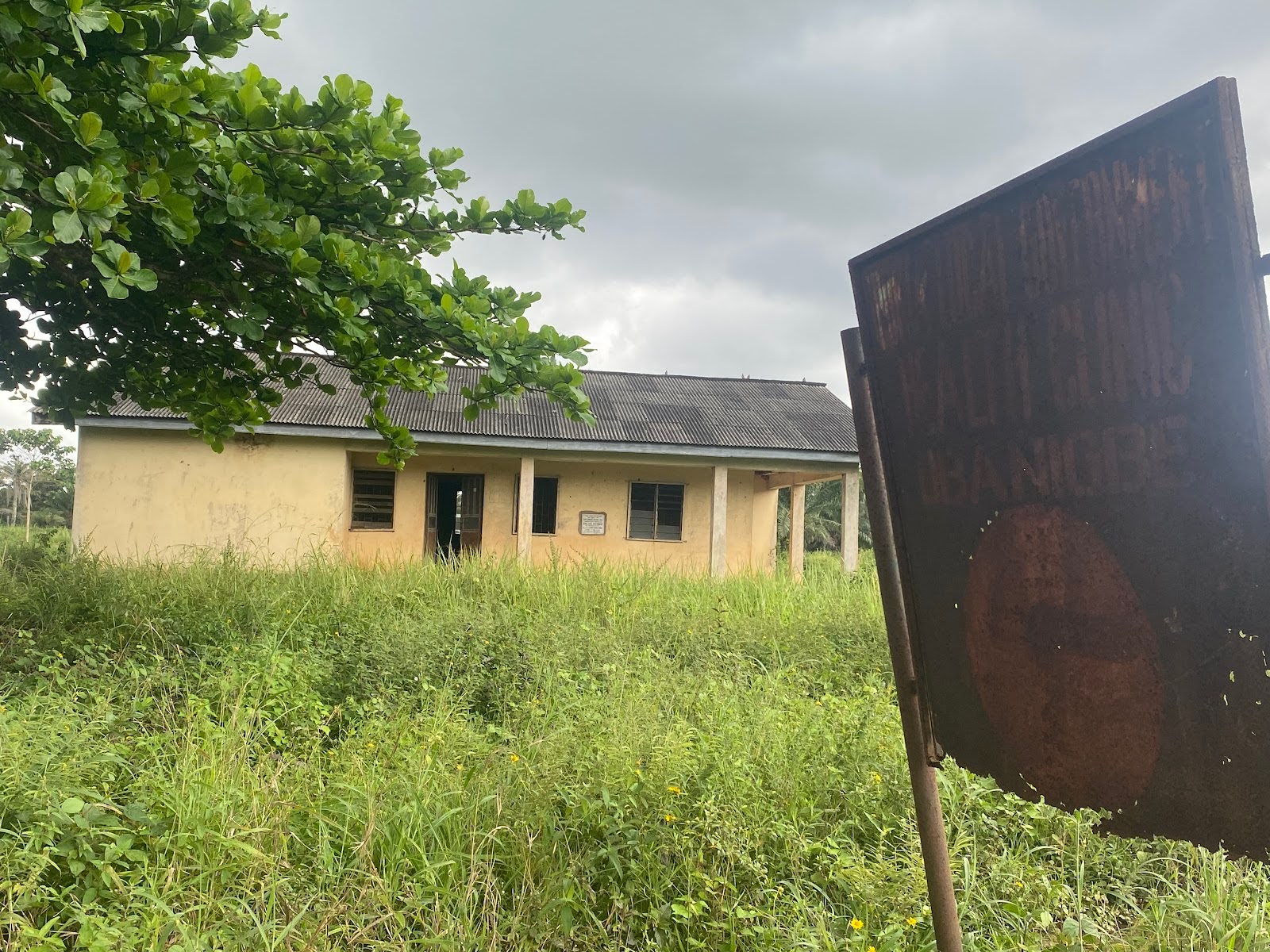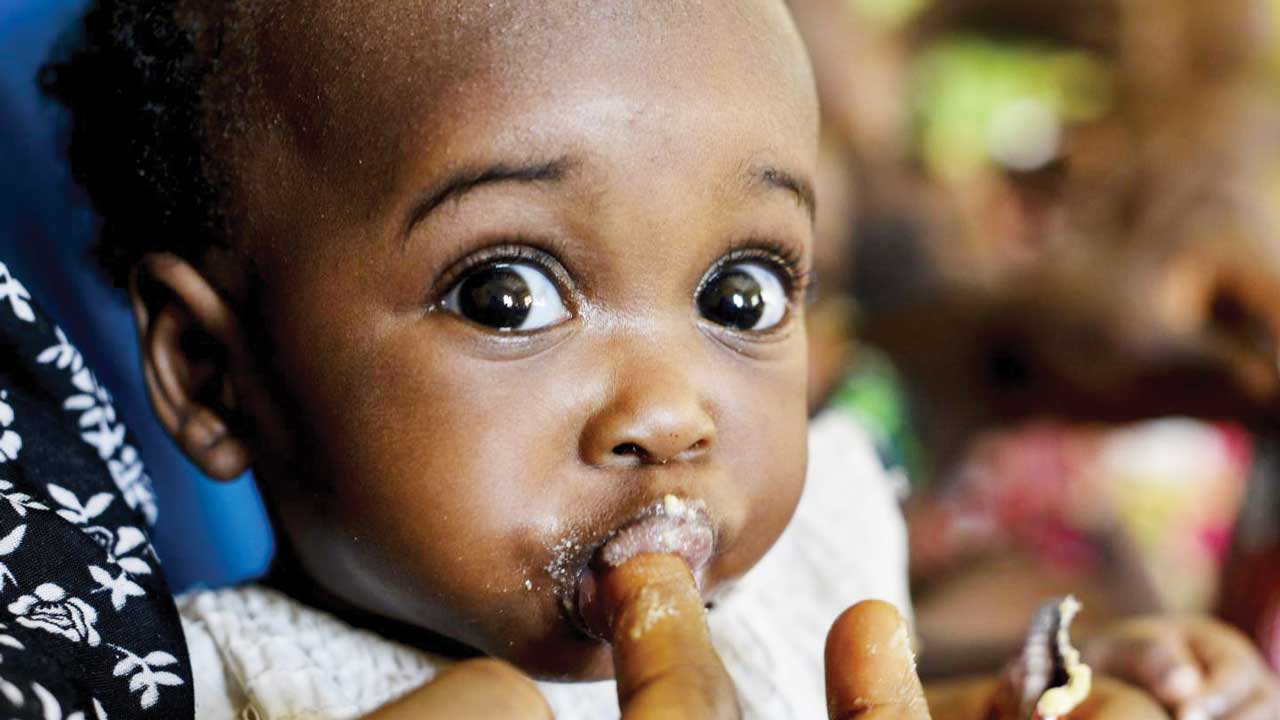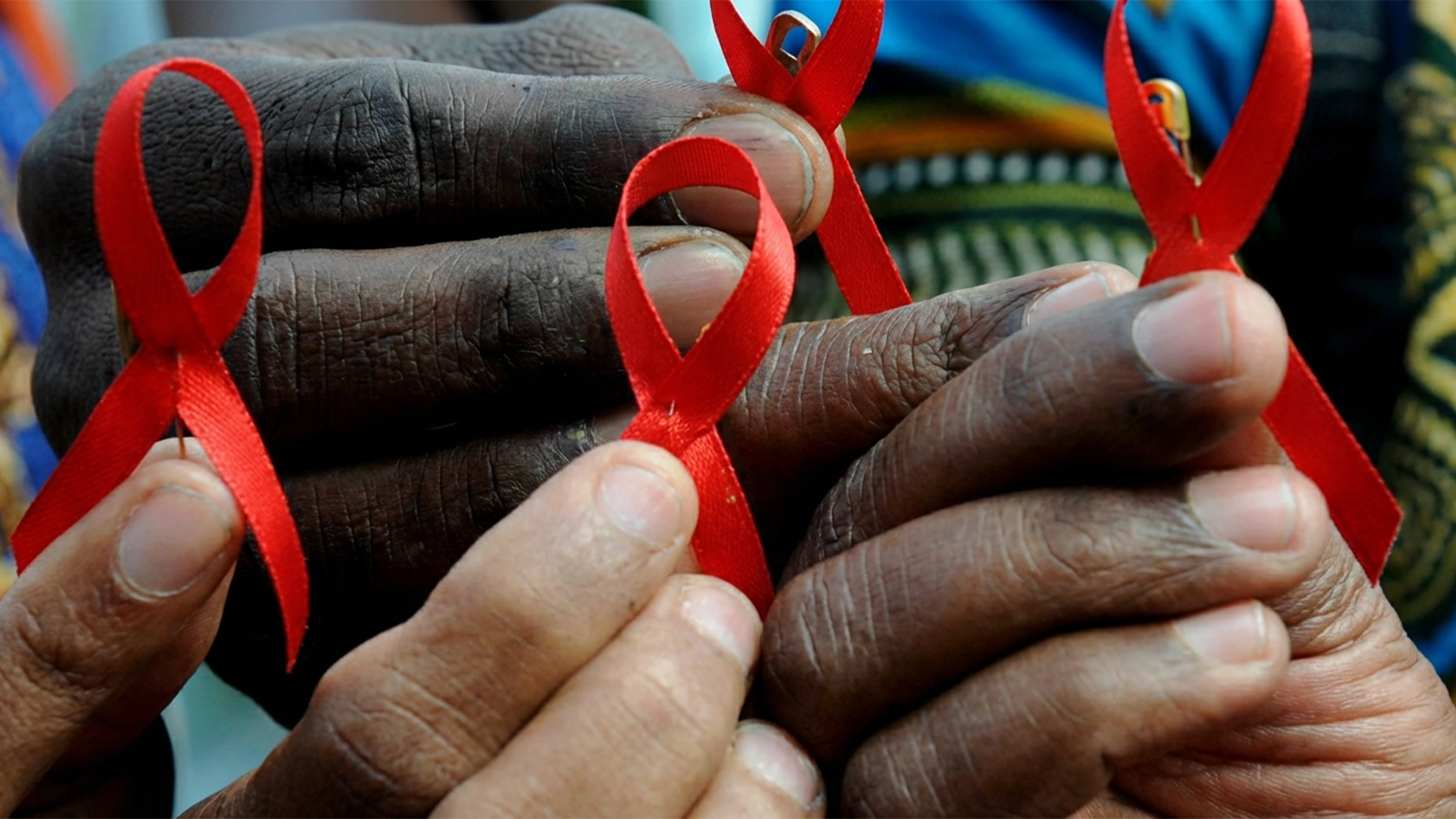For some time now, Nigeria’s health sector has been battling with the twin burdens of infectious disease outbreaks exacerbated by systemic healthcare deficiencies, from cholera to Lassa fever, and the more recent threats of antimicrobial resistance (AMR). Consequently, the need for strategic leadership and a data-driven interventions has never been greater than it is presently. One person whose experience spans both hospital management and academic research, representing a new generation of Nigerian doctors combining science, technology, and community engagement to tackle these challenges is Dr. Emmanuel Cherechi Egwuatu.
For the first time, I had the opportunity of sitting down with Dr. Emmanuel Cherechi Egwuatu, a passionate medical practitioner with outstanding experience in emergency medicine and public health advocacy at a public health event held in March 2025 in Abuja to schedule a media chat and get his perspective on the growing challenges in our health system. To his credit, he has a rich history of clinical leadership, media engagement, and impactful research, Dr.Egwuatu is shaping conversations on sexual health, antimicrobial resistance, and epidemic preparedness across Nigeria and by extension, the world.
In his role as the former Medical Superintendent of Our Lady of Fatima Catholic Hospital, Dr. Egwuatu was instrumental in improving clinical outcomes by streamlining and implimenting a workable emergency response protocols and migrating the facility health record system to the digital platform to enhance patient care coordination. His leadership laid the groundwork for a more proactive, community-based approach to emergency medicine in the region.
But it is perhaps his work in public communication and research that sets him apart. As the anchor of a once widely followed health segment, ”Radio Dokki” on Jordan FM Abuja, Dr. Egwuatu used radio as a platform to demystify sensitive issues around family and sexual health. “You can’t solve public health crises in silence,” he told me. “We must normalize conversations around the rising spate of sexually transmitted infections and empower people with knowledge—especially the youth.”
Dr. Egwuatu blamed the rising incidence of infectious disease and AMR on poor health poor health choices a consequence of complete lack or inadequate health education, unaffordable health cost and poor medication regulation within the country. According to him, ”to effectively combat Nigeria’s escalating infectious diseases and rampant antibiotic misuse, a multidimensional strategy must be employed. In one of his publications titled; ”Fighting Resistance with Data: Leveraging Digital Surveillance to Address Antibiotics Misuse in Nigeria”, he re-echoed a 2023 finding revealing that over 70% of microbial (bacteria) infections in Nigeria are resistant to at least one antibiotic, describing this development as having a significantly concerning public health risk.
In another paper titled Enhancing Nigeria’s Surveillance System: A Data-Driven Approach to Epidemic Preparedness and Response, Dr. Egwuatu and his team highlights the need for integrated digital tools to track disease outbreaks in real-time. “Preparedness begins with data which must be timely and accurate without which, we will be just a step behind the next epidemic” he said.
When asked about his collaborative study on Summary Measure of Social Determinants of Health/Health Equity and Obesity among Mississippi Adults, published in the American Heart Association Journal; Circulation, Dr. Egwuatu in a demonstration of his global outlook to health issues noted that the United States health insurance policy appears more developed and has a wider coverage than what obtains in Nigeria. However, social determinants of health in the U.S. compares closely with trends in Nigeria though both countries have their individual dynamics. He highlighted how socio-economic status, education, and policy all interplay to affect health outcomes—a reality that both Nigeria and the US must confront in a country-specific context.
Antimicrobial resistance remains one of the most urgent health issues facing Nigeria. With over-the-counter access to antibiotics and limited diagnostic infrastructure, the country is at risk of a future where simple infections become untreatable. “AMR is not just a hospital problem—it’s a community problem. We need tighter regulations and public awareness campaigns,” Dr. Egwuatu emphasized.
His message is clear: Nigeria must invest in digital infrastructure, robust national surveillance, public health education, and evidence-based policies that will improve our health system. Through his multifaceted work, Dr. Emmanuel Egwuatu is showing what’s possible when clinical expertise combines with good public health knowledge and passion.
He is currently working on a ”Medical Memior” in which he hopes to chronicle his experiences in emergency medicine in both Nigeria and Saudi Arabia where worked with a view to providing vital information that will help improve emergency care outcomes in Nigeria. He also talked about the significance of his research on ”Patterns of Viral Suppression and Predictors of Viral Load Blips in Patients Maintaining Strict Adherence to Highly Active Anti-retroviral Therapy HAART” a research that he considers important in view of fluctuating policies affecting the sponsorship of HIV care






